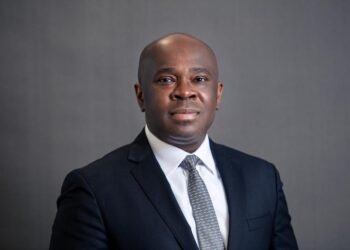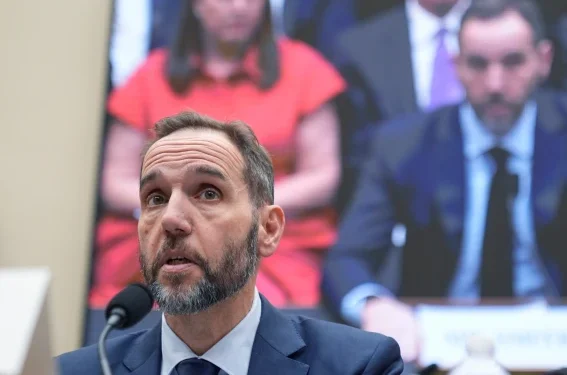Banks have been urged to leverage the global economic crises to innovate, advance and deepen their much needed transformation, finance and strategy consultation.
Professor Noel Tagoe, a professor at Nottingham University Business, during the 26th Annual Banking Conference organized by the Chartered Institute of Banking Ghana (CIBG) mentioned that, economic crisis tend to destroy bad companies. Good companies tend to survive them, while great companies take a chance to upgrade itself.
“Recognize that the crisis can present the biggest opportunity in a lifetime, do not double down on the traditional business, be proactive. Don’t take a wait-and-see approach to the opportunities. Use a two-track process to make today’s business more resilient while creating tomorrow’s new growth business.”
Professor Noel Tagoe
He advised that, the current economic situation has now been characterized by uncertainties and an increase in risk of failures for many companies (including banks).
Hence, banks which do not come up with innovative ideas, plans and strategies on how to adapt and deal with matters arising in the economy may be on the verge of failing.
Acknowledge and Respond To Customers
Prof. Tagoe also advised banks to appreciate their customers and respond to them according to the category in which they fall.
“For customers who are not cash rich, the banks should support them to survive the short-term pressures and help them prepare for new normal. Banks need to support firms to survive short-term pressure and look for new growth paths, adding that firms which will delay in finding new growth paths might end up on banks non-performing loans (NPL).”
“In a period of rapid change and increasing complexity the banks which win are those that will learn faster than the rate of change and than their competitors. Banks which succeed in the crisis will need to master resilience and innovation.”
Professor Noel Tagoe
Dedication to Banking Ethics, Professionalism and ESG guidelines
The Governor of the Bank of Ghana, Dr Ernest Addison, speaking on the theme for the conference; ‘the Future of Banking in Ghana: Ethics, Professionalism and Environmental, Social and Governance (ESG) imperatives’, in a speech read on his behalf, said banks in the country had so far shown their commitment to incorporating ESG principles into their daily financial operational frameworks.
He further disclosed that, this year, all the 23 universal banks have completed and submitted a template developed by the regulator in addition to its Sustainable Banking Principles and Sector Guidance Notes, to enable banks accelerate their ESG-compliance journey.
Dr Ernest Addison indicated there was an improvement compared to September last year, and believes the development it was good for the industry and economy at large.
“The business of banking is evolving rapidly, hence there’s a need to be intentional in strict adherence to individual codes of ethics and professionalism; as well as the CIB and Ghana Association of Bank’s code of ethics and banking practice in our various banks.”
The Governor of the Bank of Ghana, Dr Ernest Addison.
CIBG Partners with IFC To Equip Bankers the ESG Imperatives
According to the Chief Executive Officer at CIBG, Robert Dzato, as the foremost trainer of bankers, CIBG has begun an extensive program in partnership with the International Finance Corporation (IFC) to train bankers on the ESG Imperatives. He said ethics and professionalism would be permanent features of the program.
The chairman for the conference, John Awuah, CEO of the Ghana Association of Banks (GAB), said efforts are being made to ensure banks comply with the prevailing sustainable banking regulatory principles and as well lead conversations around the subject.























